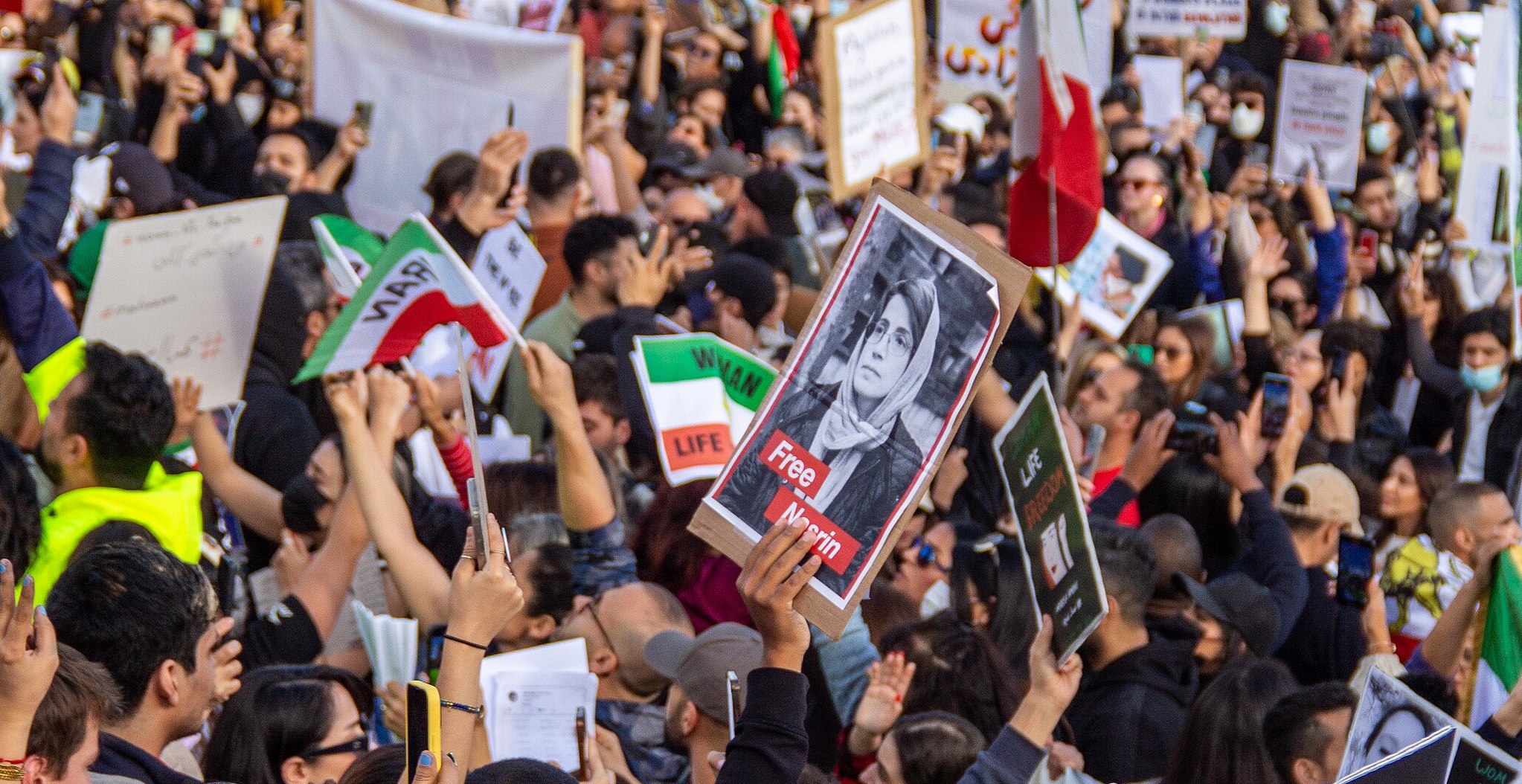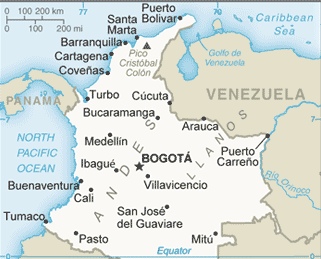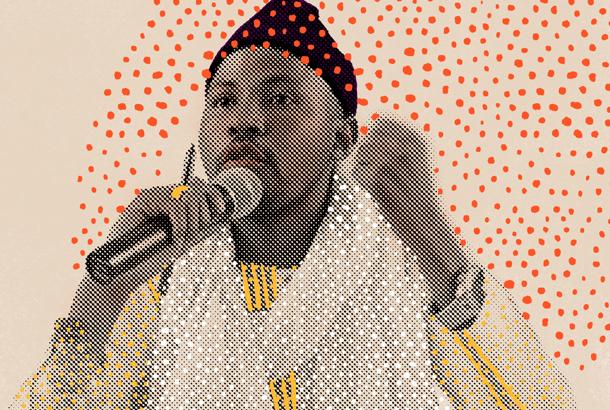
Podcast: Iraq, Palestine, escalation and errata
In Episode 212 of the CounterVortex podcast, Bill Weinberg takes stock of the latest escalation in the Middle East—and continues to note discrepancies in the reportage. US air-strikes on Iraq are said to have targeted the self-declared Islamic Resistance in Iraq, and its constituent militias such as Kataib Hezbollah. But some reports indicate the actual target has often been the Popular Mobilization Forces, a paramilitary network integrated into Iraq’s official security services. Meanwhile, insufficiently noted media accounts report “no evidence” to back up Israeli claims of Hamas co-optation of UNWRA, which has led to a devastating cut-off of funds to the UN agency by the Western powers. Listen on SoundCloud or via Patreon. (Image: Pixabay)









